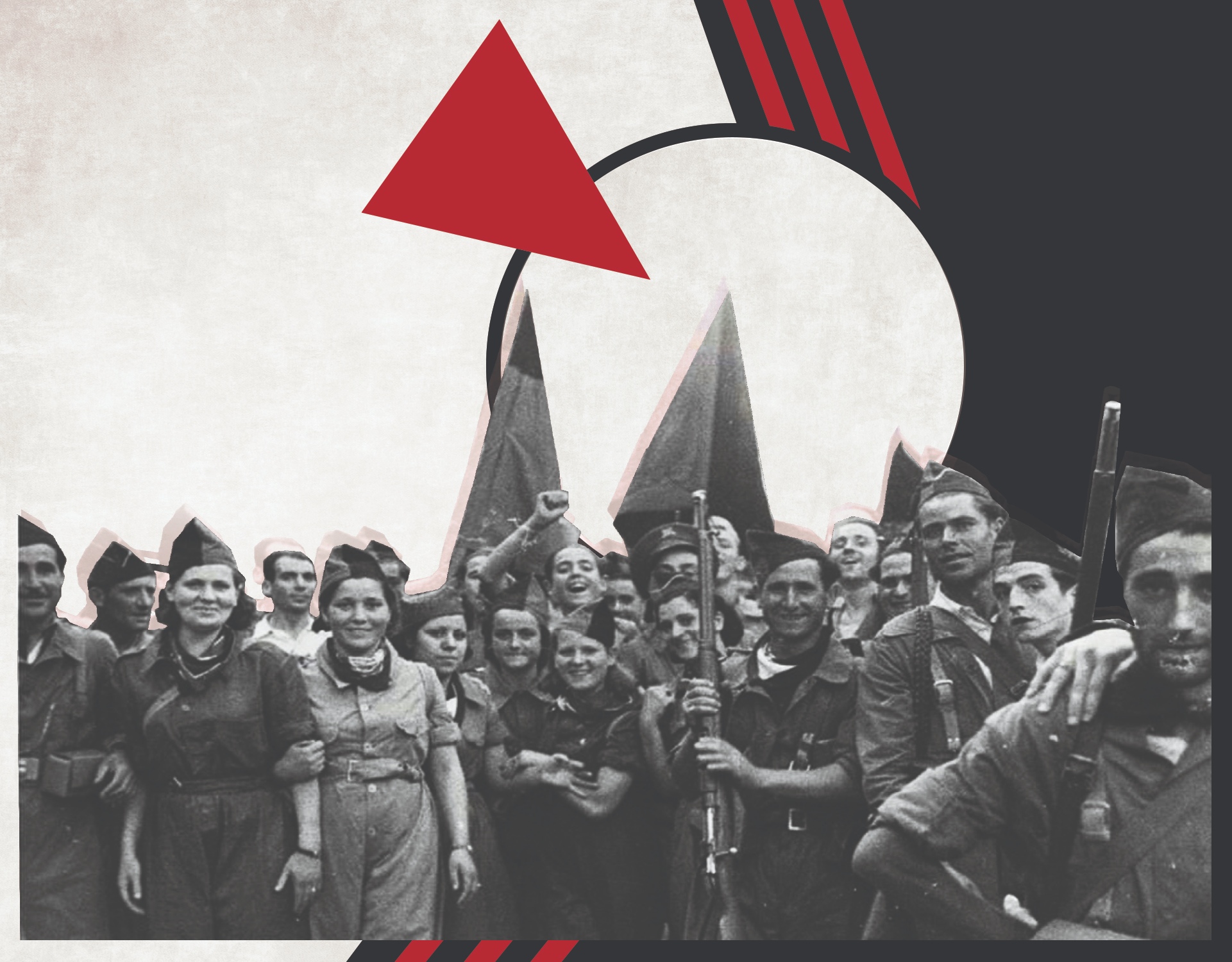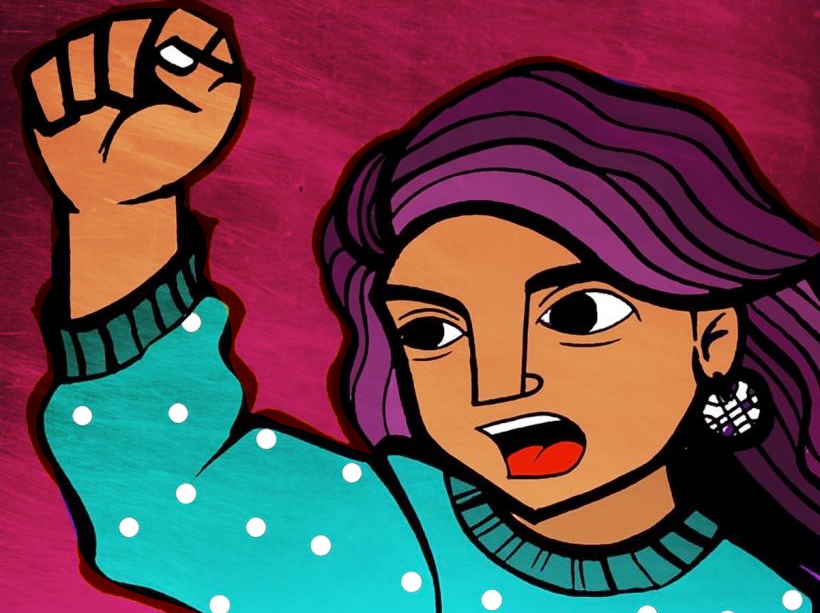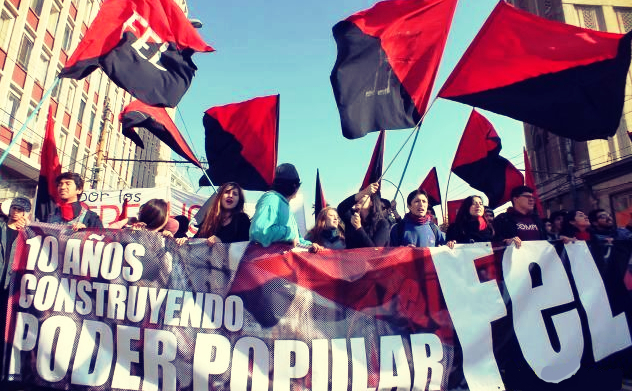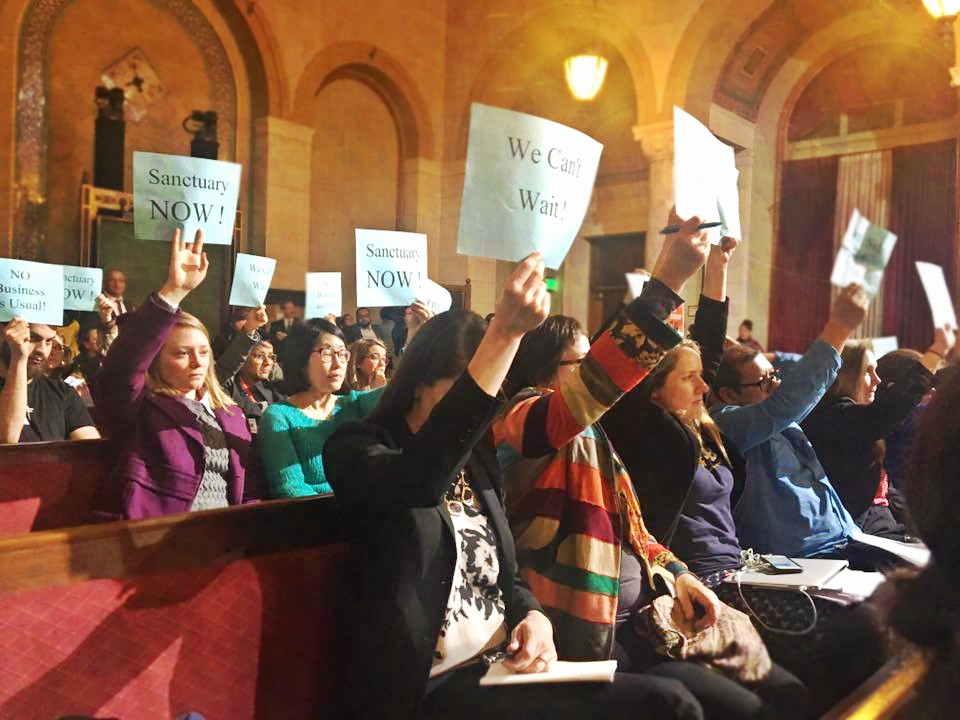
The FAU (Federación Anarquista Uruguaya), founded in 1956, was one on the strongest anarchist movements in Latin America and the originator of the concept of especifismo. In the 1960s, it faced a rising tide of political repression which would culminate in the military dictatorship of 1973-85. As public and legal avenues of political organizing were […]
Read More










